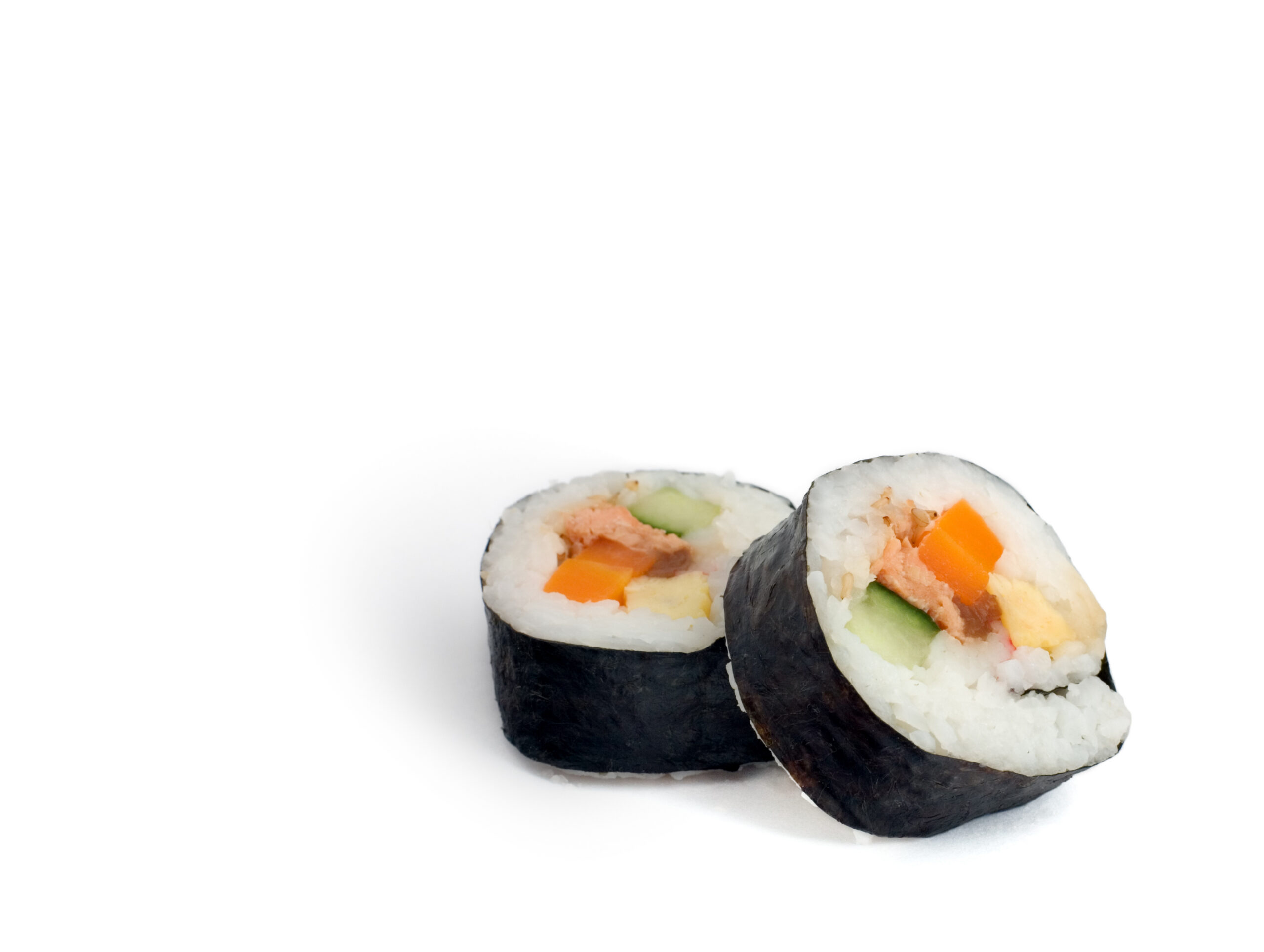
Freezing seafood before preparation of sushi is recommended for elimination of certain parasites, but many worry about ruining the taste. Is there any evidence for lower quality in previously frozen seafood? Iwata et. al. investigates.
What does clinical infectious disease research have to offer the culinary world? The answer involves sushi, a freezer, and “a randomized double-blind trial with sensory evaluation using discrimination testing”.
In a recent article published in the journal Clinical Infectious Diseases, Kentaro Iwata and others aimed to disprove the notion that previously frozen seafood is less palatable than fresh seafood when prepared into sushi. Using 120 medical student volunteers and a recruited sushi chef, this group conducted a double-blind taste test of fresh and previously-frozen sushi ingredients. They found that participants were unable to distinguish between the two types of sushi.
This work may help dispel the belief that frozen mackerel and squid tastes worse than fresh fish. This is an important step towards the prevention of gastric anisakidosis caused by a parasite commonly found in fresh seafood. This infection, while usually self-limited and not life threatening, presents with excruciating stomach pain. In fact, the European Union requires and United States FDA recommends freezing these fish before preparation, effectively removing the risk of infection.
Read the full article here: https://www.ncbi.nlm.nih.gov/pmc/articles/PMC4392844/
Read more about foodborne zoonoses endemic in Asian countries here: https://academic.oup.com/cid/article/41/9/1297/278196?login=true